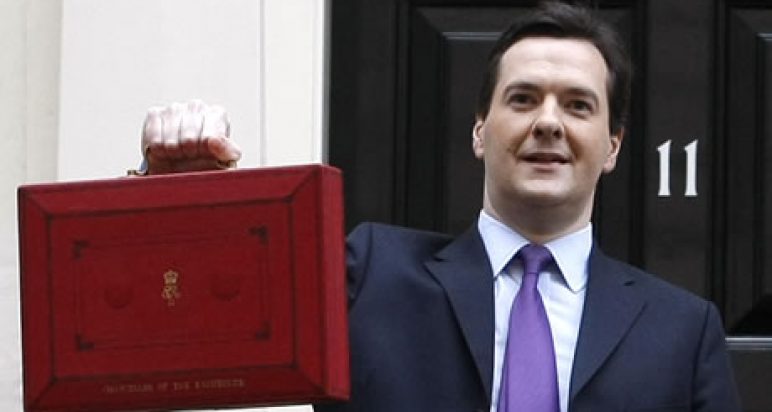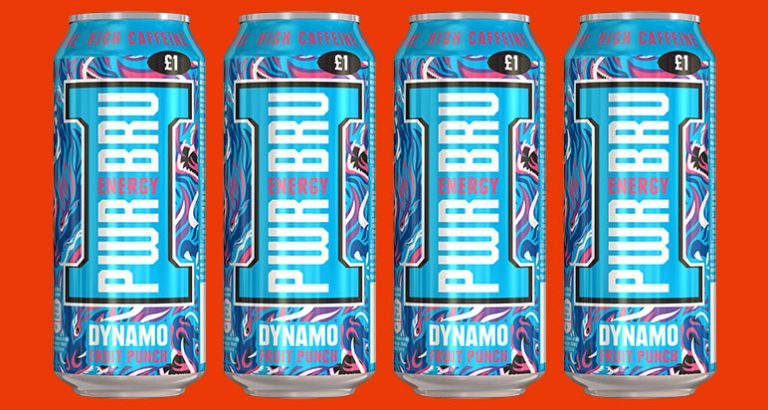The debate over the amount of sugar that the nation consumes took an unexpected twist on Wednesday, as Chancellor George Osborne introduced a tax on soft drinks as part of his latest Budget.
The sugar tax will be levied on manufacturers, who have been given two years to reformulate their products. There will be two bands of taxation: one for total sugar content above five grams per 100ml, with a second higher band for the most sugary drinks with more than eight grams per 100ml. Pure fruit juices and milk-based drinks are to be exempt from the tax.
The expected £520m raised by the levy will be used to fund sport in schools. Labour leader Jeremy Corbyn welcomed the news, saying it would “protect our children”.
The Scottish Grocers’ Federation “expressed strong disappointment” at the announcement, pointing out that the majority of soft drinks now sold in the UK are actually low and no calorie, including nearly half (49%) of all carbonates.
SGF Chief Executive Pete Cheema said: “This measure by the Chancellor completely ignores the efforts taken by the soft drinks industry to reformulate their products, promote low or no calorie alternatives and the commitment not to advertise high sugar soft drinks to under 16s. Additionally – and of great concern to retailers – is that this is likely simply to pass on the cost to consumers This is despite the Chancellor suggesting last year that the obesity problem would be best tackled in other ways.”
It has been estimated that Scotland enjoys direct benefits of some £289m gross value added from the manufacturing of soft drinks, higher than any other UK region. Shares in AG Barr dropped by 4.9% following the news, with the value of other leading manufacturers also falling.
Soft drinks contributed 8.8% of UK household sugar consumption in 2015, down from 10.1% in 2011. It looks like that figure will fall further yet, but at what cost to the retail industry?







